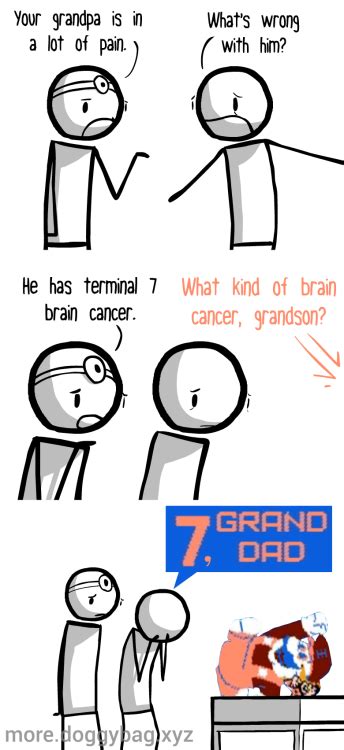


Other specialists may join the child’s treatment team, such as a pediatric oncologist (childhood cancer specialist), an ophthalmologist (if the child’s tumor affects the vision pathways), an epileptologist (to address seizures), a radiation oncologist, and advanced practitioners and technologists. The pediatric neurosurgeon will work with the whole family to develop the best treatment plan for the child. If the scan shows a brain tumor, the next step is a neurosurgical consultation. The doctor’s evaluation usually includes imaging of the brain by an MRI scan. Brain Tumor Diagnosis in ChildrenĪ child experiencing brain tumor symptoms should be thoroughly evaluated by a pediatrician or pediatric neurologist, or in the emergency room to find the source of the problem. If the tumor affects the optic pathway, which is responsible for sight, the child may experience vision changes. Macroencephaly (enlarged head) in infants whose skull bones are not completely fusedīrain tissue dysfunction caused by a growing tumor may cause other symptoms, depending on the tumor’s location.įor example, if a brain tumor is located in the cerebellum at the back of the head, a child may have trouble with movement, walking, balance and coordination.Personality and mental activity changes.Increased intracranial pressure is caused by extra tissue in the brain as well as blockage of the cerebrospinal fluid flow pathways. Therefore, as brain tumors develop and expand, they cause extra pressure in this closed space. The skull does not have excess room for anything other than the brain.


 0 kommentar(er)
0 kommentar(er)
